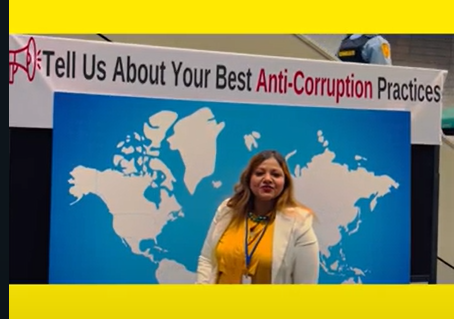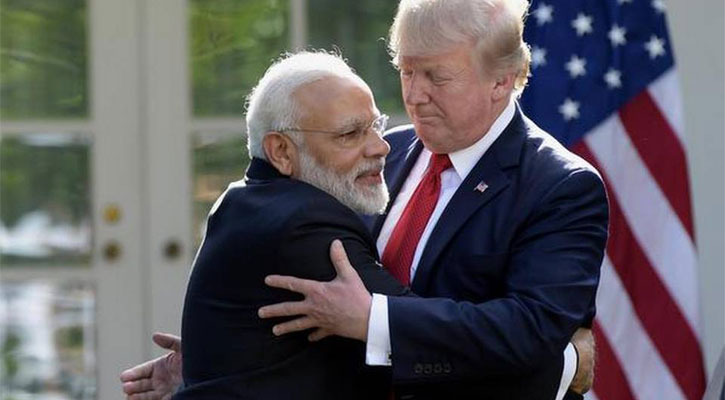Bolivia’s congress Wednesday scrambled to find a way to call new elections, hoping to chart a path out of the turmoil gripping the country a day after the military opened fire on protesters blocking fuel and food from reaching La Paz, the nation’s main city.
Eight people were killed, a human rights official said, in the clashes outside a major fuel depot in El Alto, a working-class city in the mountains outside La Paz that had been blockaded for days by supporters of the ousted president, Evo Morales.
Morales was driven from office earlier this month after 14 years in office, following a disputed election in which he claimed to be the winner. He fled the country and took asylum in Mexico, having lost the allegiance of the military and police.
But Morales, the country’s first indigenous president, still has legions of supporters among the country’s indigenous groups and among rural coca growers, who have taken to the streets to call for his return.
“There is no reason for me to be out of Bolivia,” he said Wednesday at a news conference in Mexico City.
He argued that he is currently the president, as well as the president-elect, but he said he did not object to a new election, provided that it was organised under a new law approved by congress.
“If the solution is new elections, I don’t oppose it,” he said. “They are welcome.”
Eva Copa, president of the Bolivian Senate and a member of Morales’ leftist party, which holds a two-thirds majority in the congress, said that the previous election would be annulled as part of a bill that would appoint a new election commission and fast-track a new vote.
“This is a clear signal to show the country that we as two-thirds have all the will to advance and provide a route for these elections,” Copa told reporters in La Paz.
Later Wednesday, Jeanine Añez, an opposition senator who has become the country’s interim leader, announced that she would send her own bill to hold a new election to the Bolivian congress. Her bill would also annul the disputed Oct. 20 vote, and speed up the establishment of a new electoral authority that would set a timetable for elections.
The country has grown increasingly desperate for a solution.
In El Alto late Tuesday night, witnesses said, a military unit guarding the Senkata gasoline plant opened fire on protesters who had surrounded the plant for more than a week. By blocking tankers from leaving the plant, Morales’ supporters were able to cut off La Paz’s main source of gasoline and food, causing acute shortages. At least eight people were reported killed.
In El Alto, inside the church of San Francisco de Asís, the bloodied bodies of five young men with gunshot wounds lay on pews, covered with Bolivian flags on which lay the large-caliber bullets that were said to have killed the men. Hundreds of residents gathered to pay their respects.
Family members of at least two of the dead said they were merely walking to work when they were shot by soldiers.
Bolivia’s armed forces said in a statement Tuesday that violence had flared outside Senkata after the military temporarily broke the protesters’ siege in an effort to lead a convoy of gasoline trucks from the plant to La Paz. Protesters responded by storming the plant and breaching its walls with dynamite, before being repelled by soldiers, witnesses said.
Bolivia’s new defence minister, Fernando López, told reporters Tuesday that “not one bullet” had been fired by the military at Senkata, an account that was contradicted by a dozen witnesses who had gathered at the church that night.
Residents directed their anger at Añez, who last week signed a decree shielding security forces from criminal prosecution when maintaining public order.
“This is their decree, right here,” Jessica Quispe said between sobs while touching the body of her brother Ronald. “He was just going to work.”
A few hundred feet away, dozens of heavily armed soldiers and armored vehicles guarded the perimeter of the fuel plant, as military helicopters circled overhead.
The deaths set off unrest in large parts of El Alto, a traditional stronghold of Morales on a frigid plateau above La Paz. Protesters on Tuesday sealed off roads with barbed wire and burned debris. They pulled down pedestrian overpasses onto the highway to block tanker trucks from reaching the plant. On Wednesday, mourners marched through El Alto.
Fuel shortages have crippled the administrative capital in the valley below. Hundreds of La Paz’s public minibus drivers blocked off main access points to the city to demand gasoline.
In El Alto, residents said the new outbreak of violence merely strengthened their resolve to resist Añez’s government.






















